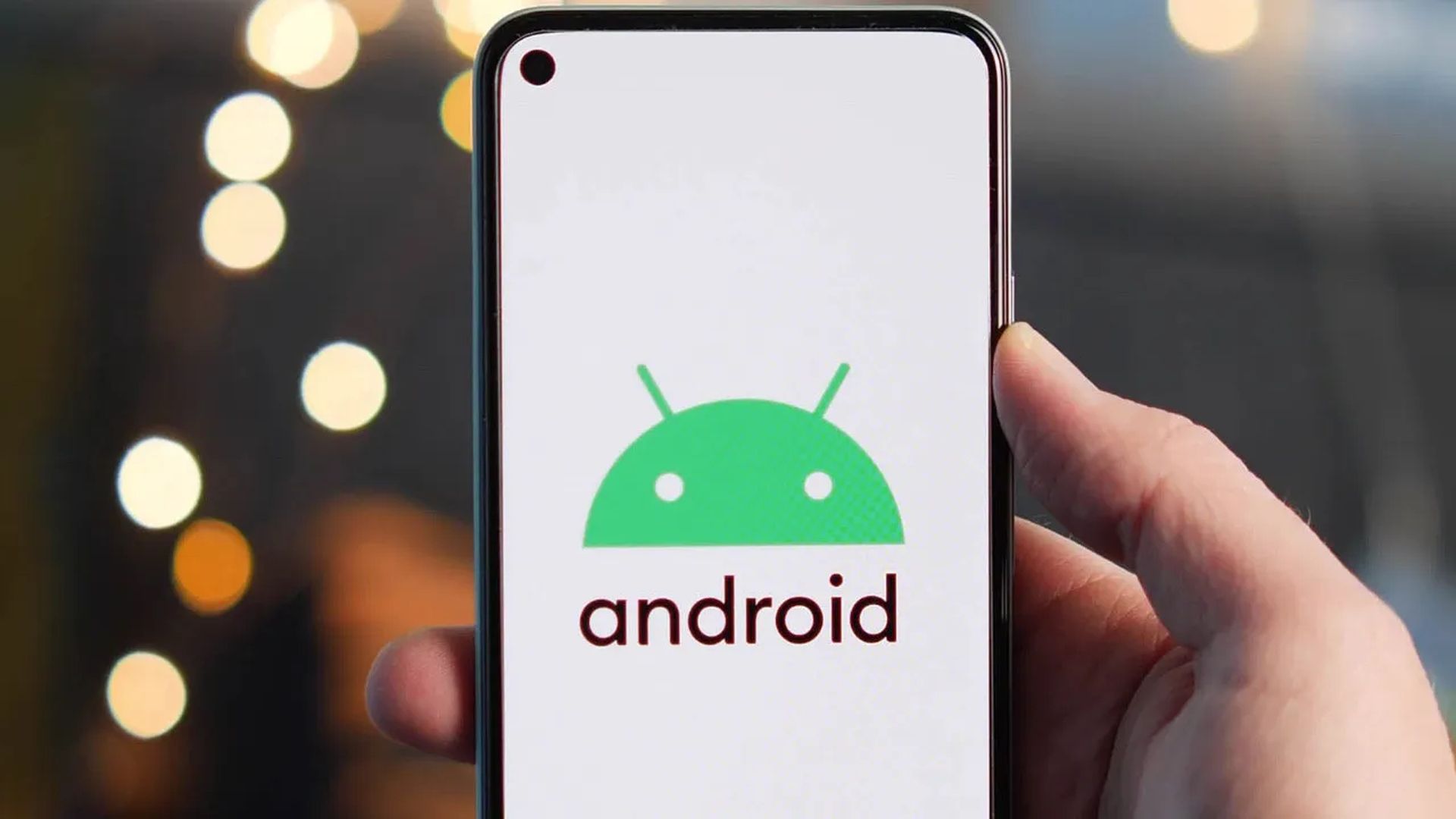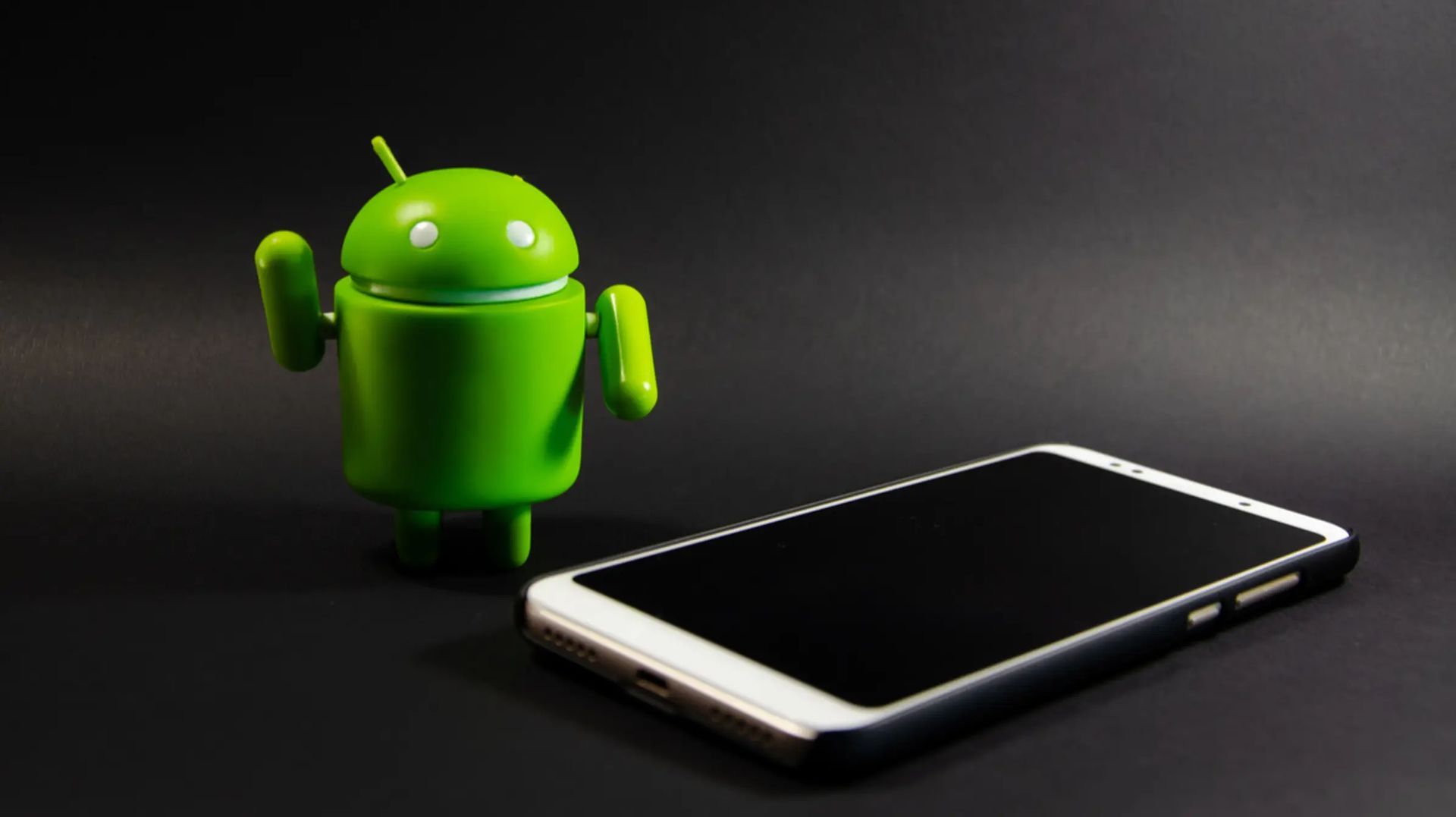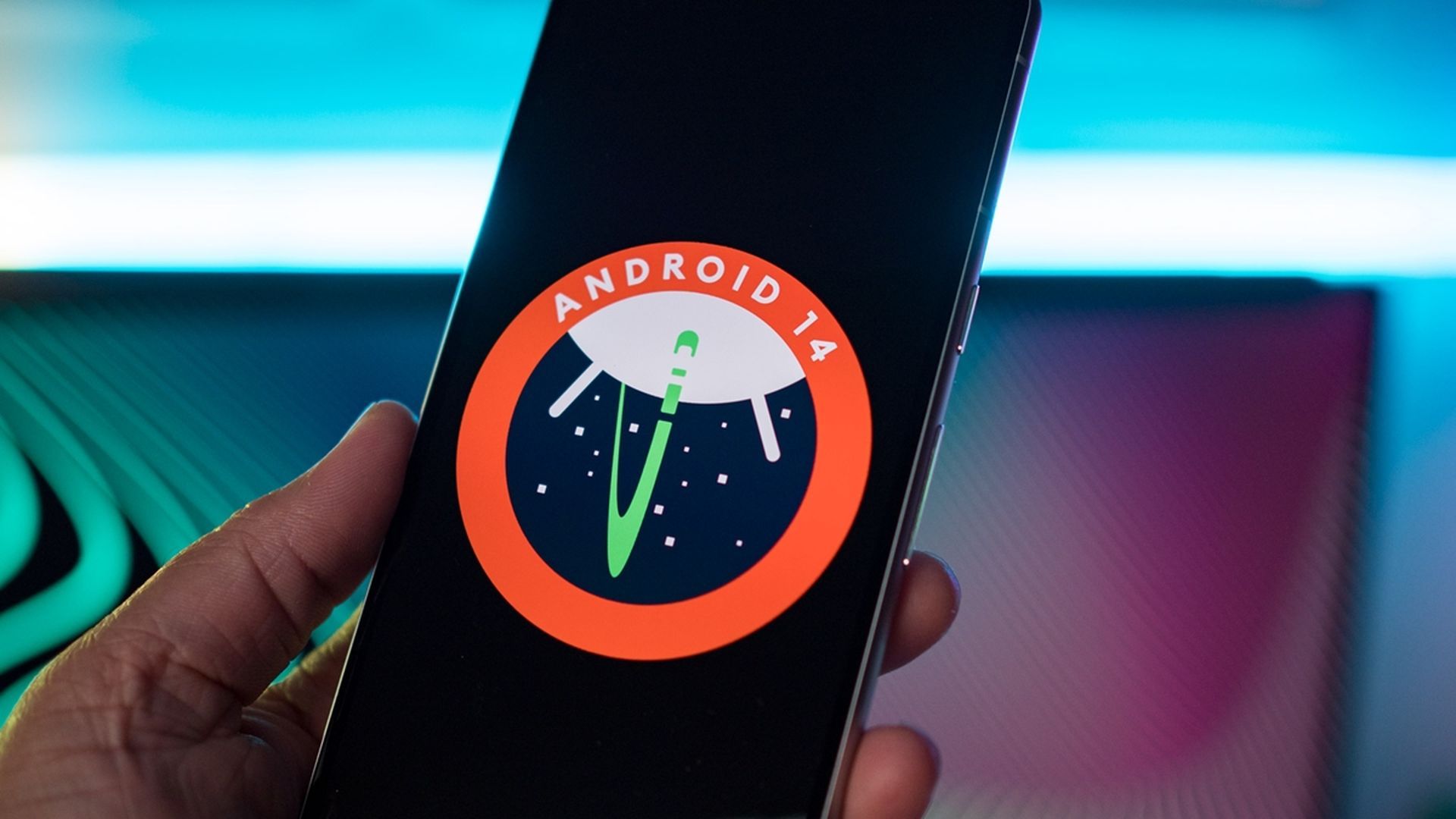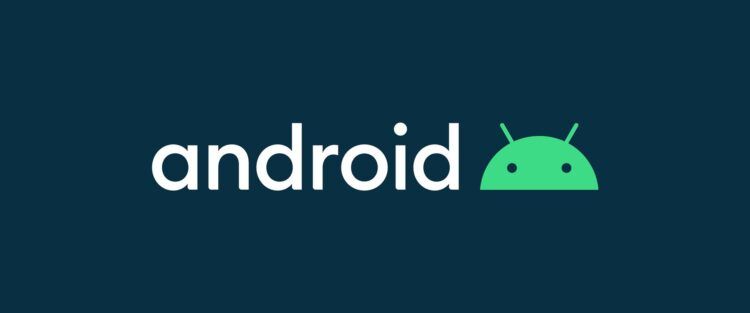As we get closer to the general availability release of Android 14, we’re offering you Android 14 Beta 4, which continues our work on performance and polish.
You can test your apps on a variety of devices with different form factors and immediately see the work we’re doing to enhance the experience on large-screen and foldable devices since Android 14 Beta 4 is available for Pixel Tablet and Pixel Fold in addition to the rest of the supported Pixel family.
Speaking of which, the Android 4 Beta 4 appears to be the final one before the official version arrives and affects all available Pixel devices that are supported. Google hasn’t specified a release timetable for that finished build, as it has done for the last several years, but based on what transpired in 2017, we would not be at all shocked to see it arrive in August. That is also what the timeline provided by Google, which is shown below, clearly suggests.

Android 14 Beta 4: Platform Robustness
The developer APIs and all app-facing behaviors are complete for you to examine and incorporate into your applications as of Beta 4—our second Platform Stable Android 14 release—and you may publish apps on Google Play for Android 14-powered devices at the official API level.
Prior to the official release of Android 14 later this year, now is a good opportunity to wrap up compatibility testing and release any required upgrades.
It’s even more crucial to deliver any essential updates immediately if you create an SDK, library, tool, or game engine to keep your downstream app and game developers from being obstructed by compatibility difficulties. Additionally, if you provide a compatible update, kindly inform your developers.
Android 14 Beta 4: App Compatibility
Every new version of Android includes updates to the operating system that enhance user experience, privacy, and security. Your applications may be impacted by these changes.
Installing your production app on a device running Android 14 Beta 4 is necessary for testing; you may do this through Google Play or another method. Work your way through all of the app’s flows to check for UI or functional problems. Examine the behavior alterations to concentrate your testing.

Let’s try Android 14 Beta 4
You may test your apps, and try out Android 14 features with Beta 4. Using the 64-bit Android Emulator system images for the Pixel Tablet or Pixel Fold configurations provided in the most recent Android Studio SDK Manager preview is the simplest way to get started. Any approved Pixel device, such as the brand-new Pixel 7a, Pixel Tablet, and Pixel Fold, can be enrolled here in order to get future Android 14 Beta and feature drop Beta updates over the air.
We advise using the most recent version of Android Studio Hedgehog, which includes the Android SDK Upgrade Assistant to assist with your migration, for the greatest development experience with Android 14. Here are some actions you should do after setting everything up:
- Test out the new APIs and features. Report problems on the feedback page to tracker.
- Check the compatibility of your present app to see whether the default behavior changes in Android 14 have an impact on it. Install your app and thoroughly test it on an Android 14 device or emulator.
- Android 14 contains opt-in behavior changes that only have an impact on your app when it is targeting the new platform, so test it with these changes. Early understanding and evaluation of these changes are crucial. You may turn each modification on or off separately to make testing simpler.
- Update your app with the help of the Android SDK Upgrade Assistant. Android Studio Hedgehog now filters and detects the precise Android 14 API changes that apply to your project, and it guides you through the process of upgrading your targetSdkVersion with the help of the Android SDK Upgrade Assistant.

If your device is compatible and you are already registered for the Android 14 Beta program, Beta 4 will be made available to you as an Over The Air update without requiring any more steps.
Before you leave, read our article about Android Auto 9.3 released with a new startup option.
Featured image credit: blog.google





